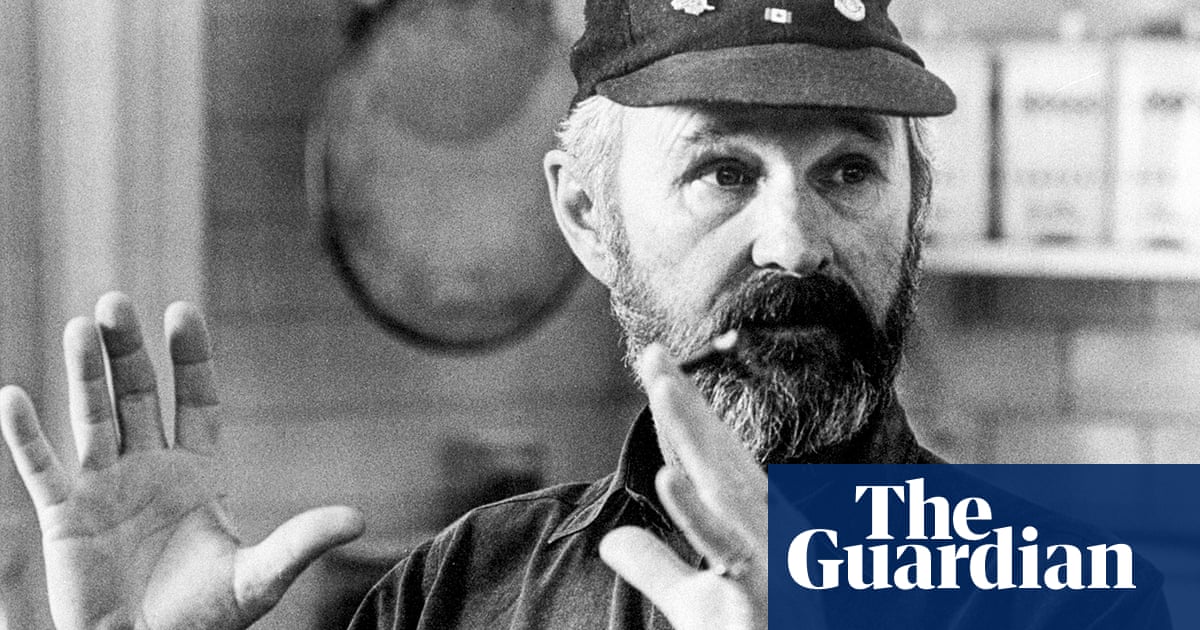
Norman Jewison, a three-time Oscar nominee who in 1999 received an Academy Award for lifetime achievement, has died at the age of 97. He was known for his versatility as a director and his ability to combine light entertainment with topical films that appealed to him on a deeply personal level. Some of his most notable works include In the Heat of the Night (1967), Fiddler on the Roof (1971) and Moonstruck (1987). He was nominated three times for best director, including 2003's A Soldier's Story. His work has been widely praised by critics and audiences alike.




